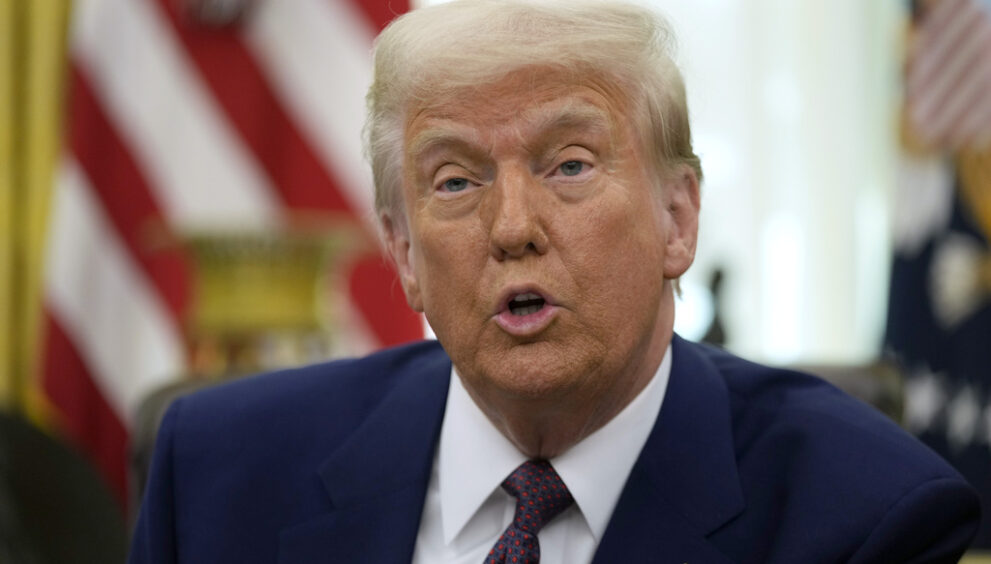The flawed concept of a US public investment fund

President Trump’s recent executive order proposing the establishment of a United States sovereign wealth fund (SWF) appears attractive but lacks practicality. The idea of Washington forming an investment fund is unrealistic as the country struggles to manage its existing budget, making it more of a risky venture than a beneficial one.
While the President may look to successful SWFs in countries like Norway, Singapore, and the Gulf states, the US does not have the surplus revenue needed for such an endeavor. With enormous debt standing at around $80 trillion in net-present-value unfunded commitments, the proposal for a US SWF does not offer a potential solution for economic growth.
The main issue with an American SWF is that it would not bring in new wealth but rather shift capital from the private sector to the government, relying on government debt for investments. Even with various funding streams like tariffs or natural resource revenues, the US government’s negative financial situation would not improve.
Some have suggested generating capital for the fund by “monetizing the asset side of the US balance sheet,” potentially selling off federal assets. However, why should the government involve itself in managing investment portfolios when private capital markets are more efficient at this? Proceeds from federal asset sales should be used to address deficits and debt, rather than creating a new government-run fund.
If the fund were to exceed borrowing costs, it would still only redistribute economic activity without adding to national wealth. Moreover, it could lead to political interference in capital markets, promoting cronyism and inefficiency. Based on Washington’s history, a government-controlled investment fund would likely face political meddling.
The US International Development Finance Corporation (DFC) offers insight into the potential pitfalls of an American SWF. The DFC, created by the Trump administration to finance private projects in developing countries, can inadvertently discourage reforms and rely on taxpayer-backed loan guarantees for investments that may struggle to secure financing.
Emulating the DFC, a US SWF could prompt government intervention in the economy and allocate capital based on political agendas rather than economic viability. It could favor specific industries or push political objectives onto corporations, undermining free-market principles.
Instead of expanding government-controlled funds, the focus should be on reducing deficits, eliminating wasteful spending, and creating a conducive environment for private investment to thrive. A US sovereign wealth fund is not a viable option but rather a misguiding concept that diverts attention from addressing more pressing economic issues.






















































































































































































































































































































































































































































































































































































































































































































































































































































































































































































































































































































































































































































































































































































































































































































































































































































































































































































































































































































































































































































































































































































































































































































































































































































































































































































































































































































































